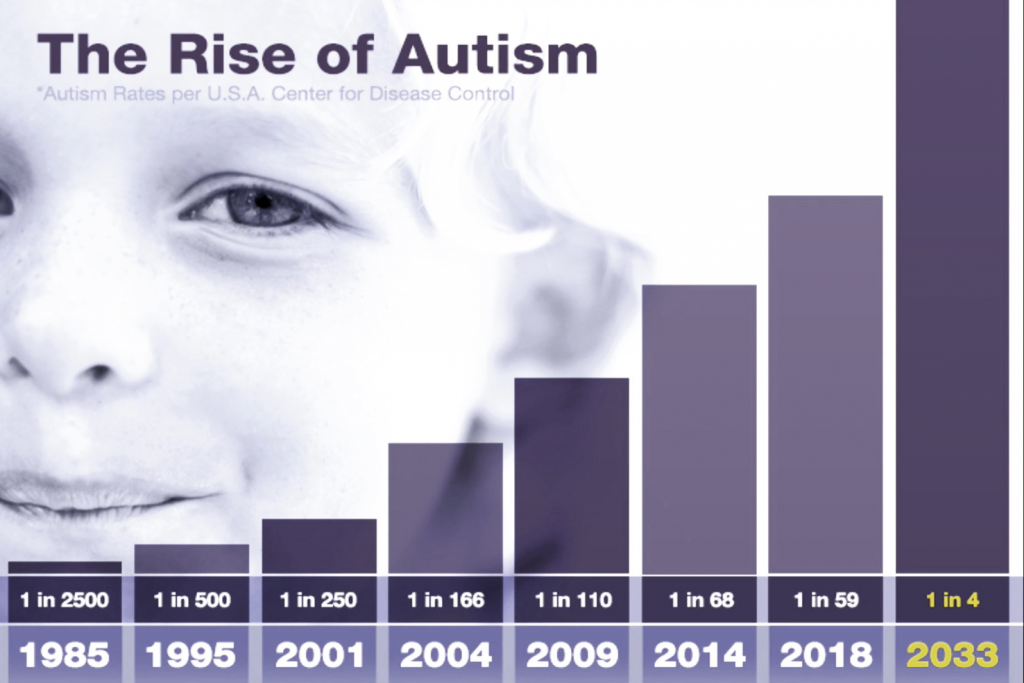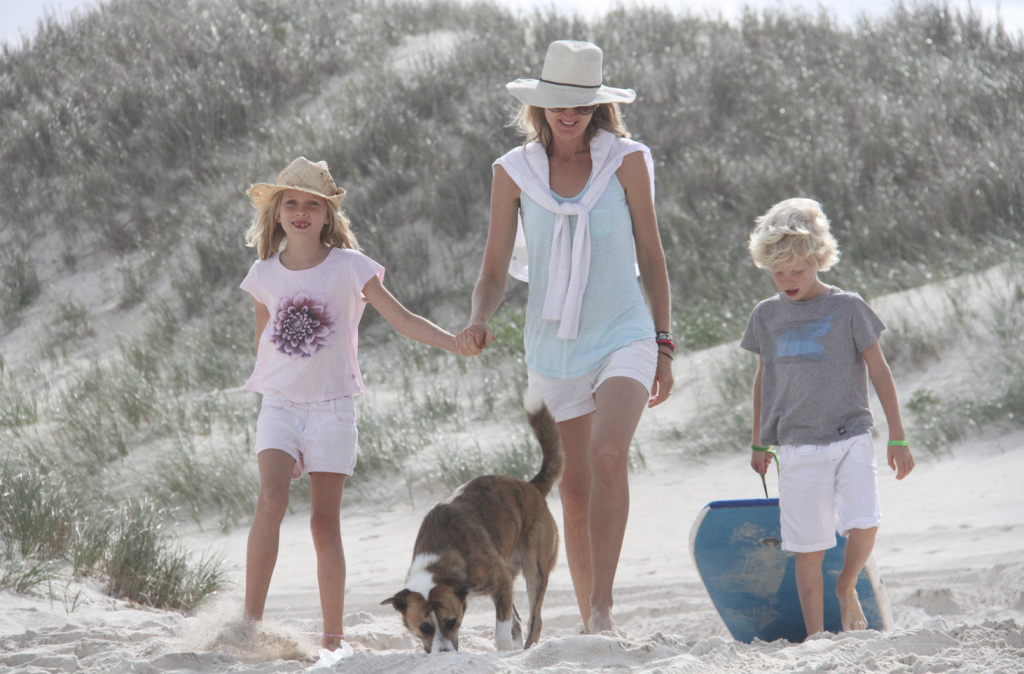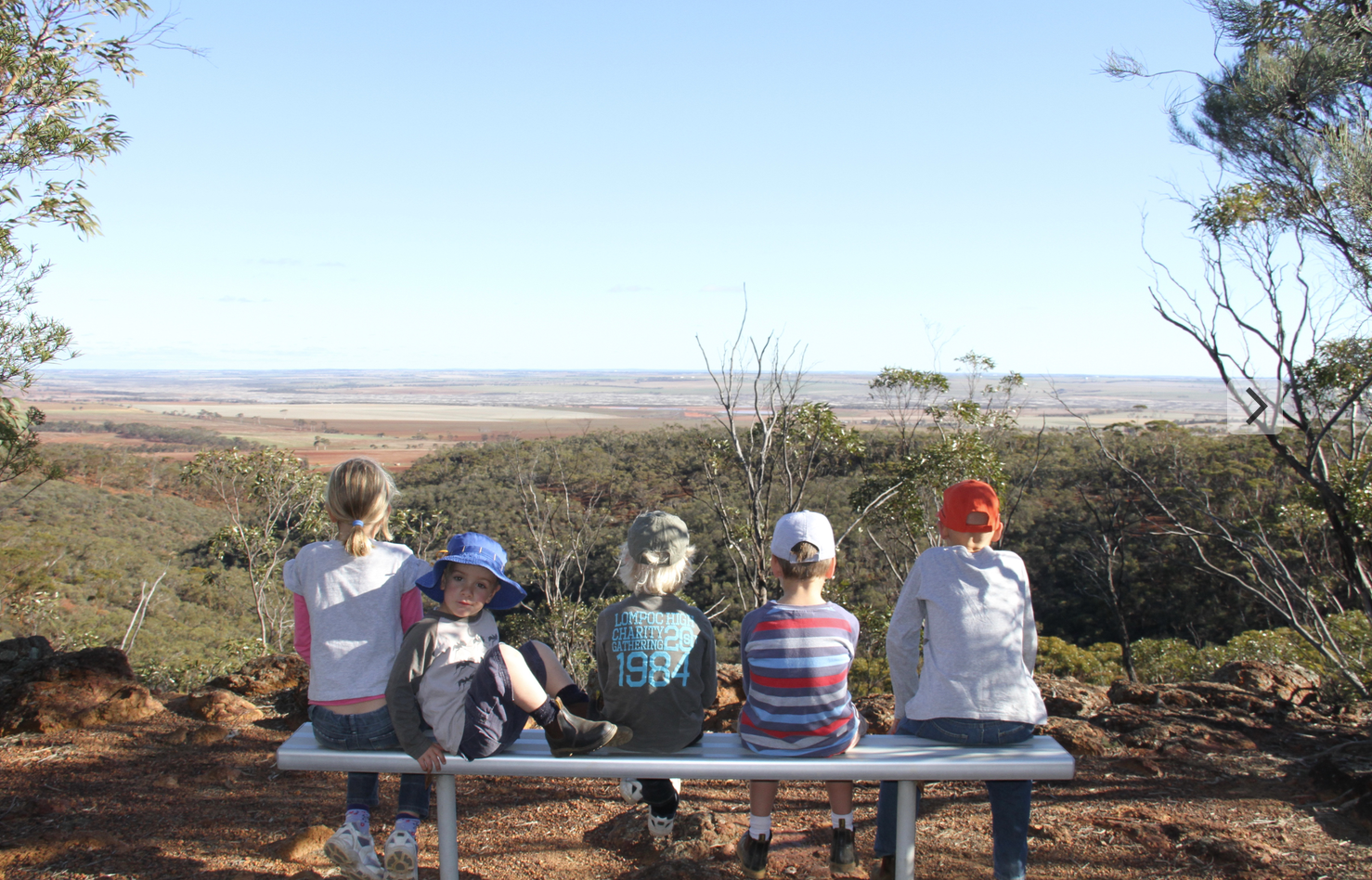In 14 years, 1 in 4 children (25%) will have autism (graph below).
When I came across this graph recently, probably like you - I was alarmed… I’ve shown it to friends and family and the reaction of concern and disbelief has been the same.
The statistic is for rates in the USA, however rates in Australia aren't slowing down.
Our children are our future. Why aren't these statistics more commonly shared?

Image courtesy Mindd Foundation
I've worked for a number of years in the area of autism in a Board role. I understand the gifts these children bring into the world. At the same time they require care that other children do not. Autism not only impacts the child or person it impacts the whole family unit, especially primary carers.
The graph not only shows Autism escalating at an alarming rate, it shows;
- Autism is not genetic.
- At such a rapid rate of increase, it must be environmental.
- If it’s environmental then it’s possible to have a level of control over the exposure.
It also means;
The impact on society at large will be devastating. As mentioned above, children and adults with neurological conditions such as autism often need more care and assistance, (they’re commonly dealing with other disabilities too). The impact on families is emotionally, financially and physically draining.
However it’s not just autism - ADHD & other neurological conditions are all on the rise.
‘Today, there are some 21 million children (almost 10% globally) who have been diagnosed with severe attention, behavioural, or learning problems… ADHD, autism spectrum disorder, dyslexia, tourette syndrome, obsessive compulsive disorder, bipolar, or other frightening conditions that confirm something is not right in the brain’ ~ Dr Robert Melillo, author of Disconnected Kids.
There's more;
- In 1965 in the USA 4% of the population had a chronic disease.
- Today, (just 54 years later) 46% of children have a chronic disease.
- A 2019 Australian Institute of Health and Welfare report showed 1 in 2 Australians (50%) are reported to have at least 1 chronic illness in 2015.
A 2019 report from the Australian Bureau of Statistics shows in Australia the percentage of children with 1 or more chronic conditions;
- 25% of boys aged 0 – 14 years old and 15% of girls.
- 40% of girls aged 15 – 24 years old and approx. 35% of boys.
Why are our kids no longer naturally strong, vital & healthy as nature intended?
Some might say, it’s always been this way and now there’s better diagnosis or understanding of symptoms.
I don’t think so.
How many children did you know with neurological or chronic conditions when you were a child? Were there any? Fast forward to today and it’s likely you have a family member or a close friends’ child dealing with one or more of them.
It's personal
It’s a story that’s close to my heart, as we too have done a lot of work with neurological conditions in our family. When I was told by experts and specialists ‘there was nothing we could do’, I trusted my intuition that there was something we could do and there was! We found answers. It's taken a number of years with minimum intervention. If you know that feeling - trust it.
Hope.
Neuroplasticity gives hope for these neurological conditions.
For those who may not know this term, it’s the brains ability to change continuously through life...
In my personal experience & research neuroplasticity works, along with good food, detox, movement, sleep and other lifestyle 'interventions' can do a vast amount to nourish, detoxify, rewire and protect our childrens' developing brains.
I understand autism is far more complicated and extremely challenging - I worked for a number of years with Autism West here in Perth. However there are many great stories of improvements and recovery being made e.g. Kirsty Wirth, founder at Kultured Wellness is an amazing example - read her story here and the Mindd Foundation shares recovery stories here
There are many wonderful functional doctors and practitioners doing amazing work in WA and across the world. These are a few I’m most familiar with in Western Australia;
- Synaptic Health, WA
- The institute of Functional Neuroscience, WA
- Dr Igor Tabrizian, WA
- Julie Matthews, USA and
- The Mindd Foundation https://mindd.org NSW They're doing brilliant work on children's health. Check them out.
Why is there an epidemic?
We don’t know why specifically, yet when I consider what's changed in the past 100 years in the way we live there are some dramatic changes that all impact neurology (brain function).
Some thoughts;
- Disconnected. As a society we are living further and further away from our natural world and what our biology needs nutritionally, physically, emotionally and spiritually to develop and thrive.
- Toxic. Children born today are carrying a heavier toxic load than ever before, both inherited at birth and that they’re exposed to throughout their daily / weekly routines.
- Symptomatic/intervention. Compared to 50 - 100 years ago there is a reliance on pharmaceuticals to fix illness and conditions, however a symptom is a signal the body is out of balance or deficient either nutritionally, emotionally or physically. Fixing a symptom doesn't fix the condition but instead often only disguises the root cause. Until the root cause is addressed symptoms continue to manifest.
- Misaligned. The design of modern life has changed the posture and structure of our physiology, with too much time sitting, neck craning and cramping / stunting our precious nervous system & ultimately brain function.
Children's' developing brains are particularly susceptible to their environment, especially toxins. Toxins store in fatty tissue e.g. the brain, which is 60-70% fatty tissue. Any assaults that aren’t biologically compatible can impair brain development.
In our personal experience and as the stories of recovery show, it can take time, but the body returns to homeostasis (balance) and can thrive with the right tools and fuels unique for each individual person.
The younger children are when they get the support they need, the ‘simpler’ the recovery can be.

What next?
To be honest I've questioned if any type of intervention is necessary, for our family and for these kids? Is it their own path to learn from and offer their uniqueness to the world.
Often these children are gifted in other areas and do have so much to give - just as they are e.g. Greta Thunberg, the climate activist who has Asperger’s syndrome, OCD and selective mutism. Which in her words, ‘means I only speak when I think it's necessary. Now is one of those moments."
I think the answer is, if our kids are happy and are going to be happy, and as their parents, we are happy then THAT is what matters.
Until we see these figures diminishing and we know we are on the right track, if you intuitively feel there's something 'not quite right', I encourage you to act now e.g. to begin;

